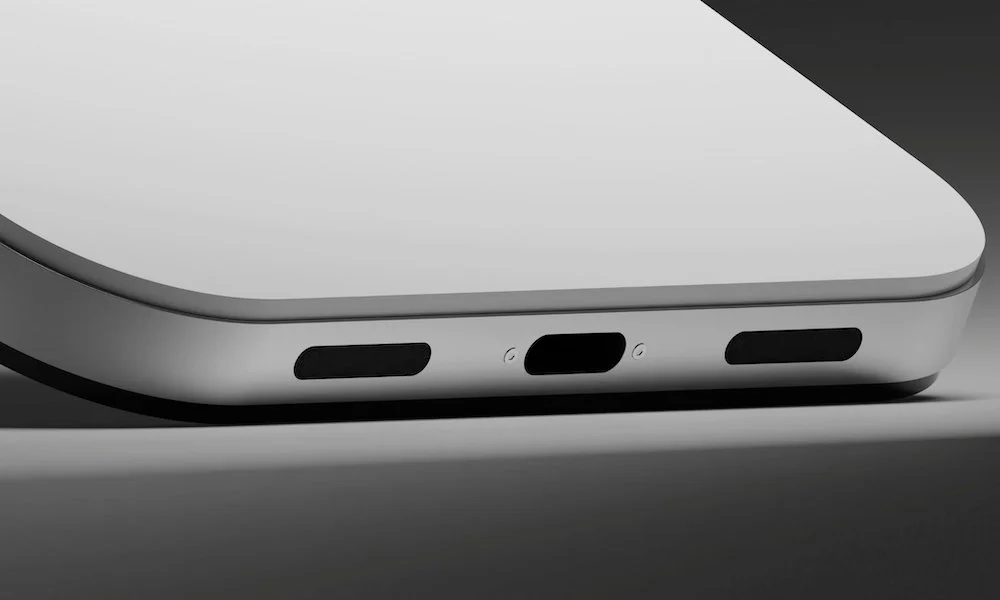The European Union (EU) has warned Apple that it cannot restrict the functionality of unapproved USB-C cables connecting to future iPhone 15 models that are expected to have a USB-C port. This comes after rumors surfaced that Apple may be planning to limit the charging speed and other features of USB-C cables that are not “Made for iPhone” (MFi) certified.
Last year, the EU passed a law mandating wired-charged devices, including the iPhone, to have a USB-C port to be sold in the region. While Apple has until December 2024 to comply with the law, it is expected to switch from Lightning to USB-C with the iPhone 15 models this year.
The report says that an authentication chip will be included in the USB-C port on iPhone 15 models that will confirm the authenticity of the connected USB-C cable. This chip enables MFi certified chargers to optimize fast charging performance.
In response to rumors about Apple’s plans to restrict the functionality of non-certified USB-C cables, European Commissioner Thierry Breton sent a letter warning Apple that such actions would be illegal and would hamper sales of iPhones in the EU once the law goes into effect. in effect, the EU plans to publish guidance by the third quarter of this year to ensure a “unified interpretation” of the legislation.
It’s important to note that Apple’s possible restriction on the functionality of uncertified USB-C cables attached to iPhone 15 models is currently only a rumor. Still, it raises concerns among consumers and industry watchers about potential restrictions on third-party accessories and the impact on consumer choice.
If Apple continues with this alleged plan, it could have significant implications for the third-party accessory market, a key component of Apple’s ecosystem. Consumers may face limited options and higher prices, creating additional barriers for small accessory manufacturers trying to enter the market.
Overall, the EU’s warning to Apple is a reminder that companies must comply with laws and regulations set by their governing bodies. It also highlights the importance of promoting an open and competitive market for consumers, including allowing third-party accessories to work properly with devices.













